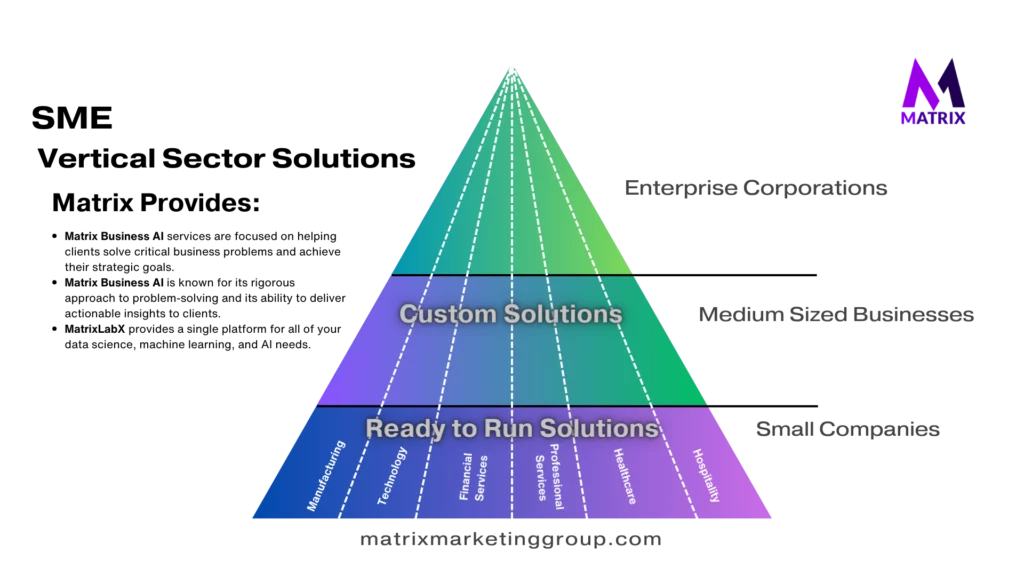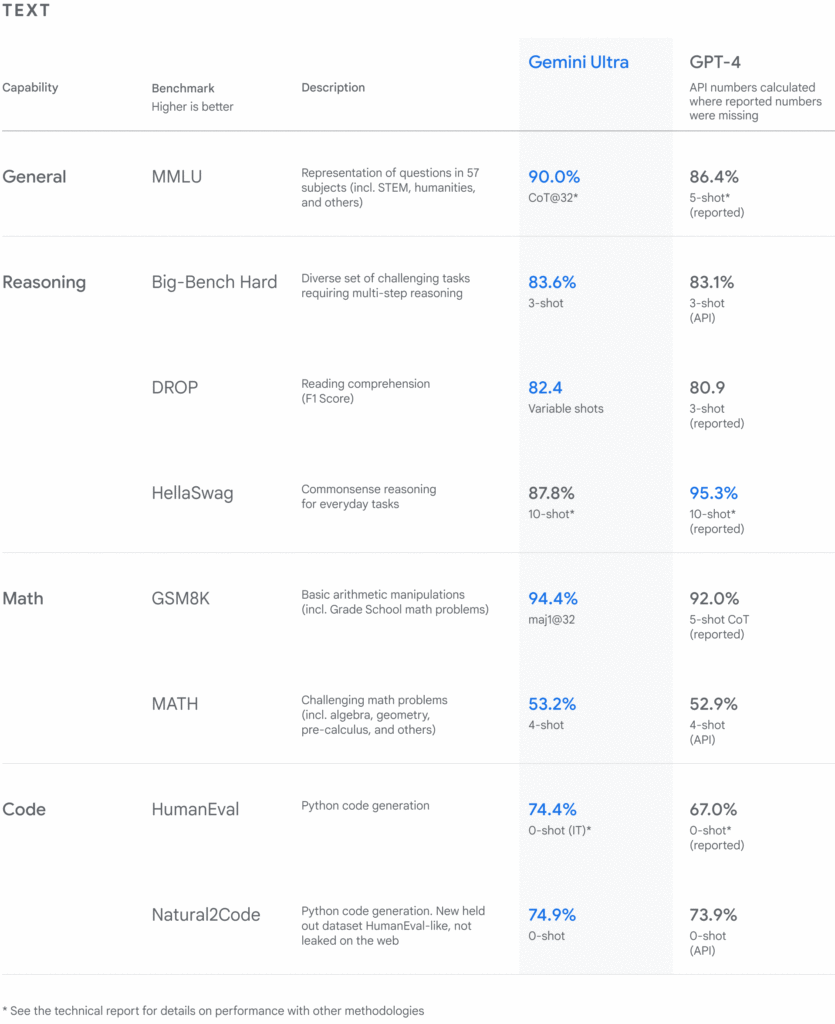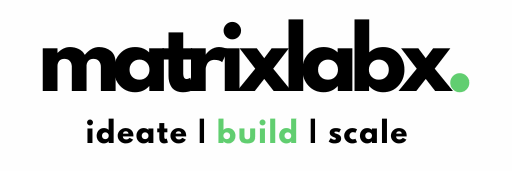Google Gemini Just Launched Its Long-Awaited Answer to ChatGPT
Learn about Google Gemini Just Launched, Its Long-Awaited Answer to ChatGPT
A new titan emerges in the ever-evolving landscape of artificial intelligence, reshaping our conceptions of human-computer interaction. Synonymous with innovation and digital prowess, Google has recently unveiled Gemini, its latest foray into conversational AI, designed to counter the widely recognized ChatGPT.
This development marks a significant milestone in the technological zeitgeist, heralding a new era of AI-driven possibilities.
What is Google’s Gemini product?
Google’s Gemini is a large language model (LLM) designed to be a competitor to OpenAI’s ChatGPT and GPT-4. It boasts several impressive features:
Capabilities:
- Multimodality: Understand and respond to various input formats, including text, code, audio, images, and videos. This sets it apart from many current LLMs that primarily focus on text.
- Scalability: Available in three sizes, Ultra, Pro, and Nano, allowing it to function across diverse devices, from powerful workstations to smartphones.
- Performance: Excels in various benchmarks, surpassing ChatGPT in 30 out of 32 AI model performance tests. This suggests it could outperform other leading LLMs in various tasks.
Potential applications:
- Content creation: Generate various creative text formats, like poems, code, scripts, musical pieces, email, letters, etc.
- Programming: Assist programmers with coding tasks, automate processes, and enhance cloud and edge operations.
- User interfaces: Integrate with chatbots and virtual assistants in wearable tech, smartphones, apps, and other platforms.
- Research and development: Drive further advancements in AI, particularly in areas like memory, planning, and multimodal understanding.
Current status:
- It is still under development and yet to be publicly available.
- Google is currently conducting rigorous testing and fine-tuning to ensure safety and efficacy.
- It is expected to be released soon, though an official date hasn’t been announced.
Gemini has the potential to impact the AI landscape significantly. Its multimodal capabilities, scalability, and performance suggest it could be a powerful tool for various applications, potentially pushing the boundaries of what LLMs are capable of.
What are the Best Use Cases for Google’s Gemini product?

Best Use Cases for Google’s Gemini Product:
1. Multimodal Content Creation:
- Brainstorming and generating ideas for creative projects, like marketing campaigns, website copy, or personal writing.
- Developing scripts for video and audio content.
- Translating text into different languages while maintaining the intent and style of the original text.
- Generating realistic and engaging dialogue for virtual assistants and chatbots.
2. Advanced Programming:
- Writing code in various programming languages, including complex algorithms and machine learning models.
- Identifying and fixing bugs in existing code.
- Automating repetitive coding tasks.
- Creating custom software applications for specific needs.
3. Personalized User Experiences:
- Powering intelligent virtual assistants and chatbots that understand and respond naturally to user queries and requests.
- Adapting user interfaces to individual preferences and needs.
- Providing personalized recommendations and suggestions based on user history and preferences.
- Creating realistic and engaging virtual reality and augmented reality experiences.
4. Scientific Research and Development:
- Analyzing and interpreting large datasets of scientific data.
- Generating hypotheses and designing experiments.
- Developing new scientific tools and technologies.
- Simulating complex scientific phenomena.
5. Business applications:
- Analyzing customer data to identify trends and patterns.
- Generating targeted marketing campaigns.
- Automating customer service interactions.
- Developing new business models and products.
6. Personal Productivity:
- Generating meeting agendas and summaries.
- Taking notes and summarizing meetings.
- Managing email and calendar.
- Creating presentations and other documents.
7. Education and Learning:
- Creating personalized learning experiences.
- Providing feedback and guidance to students.
- Generating educational content, such as quizzes and practice questions.
- Translating educational materials into different languages.
8. Creative Industries:
- Generating ideas for new products and services.
- Designing and prototyping new products.
- Creating marketing materials.
- Developing new forms of entertainment.
9. Accessibility and Inclusion:
- Translating languages in real-time for people with hearing impairments.
- Generating captions for audio and video content for people with hearing impairments.
- Creating accessible user interfaces for people with disabilities.
10. Democratizing AI:
- Making AI technology more accessible to everyone, regardless of their technical expertise.
- Enabling people to use AI for personal and professional development.
- Fostering innovation and creativity in a wider range of fields.
These are just a few examples of the best use cases for Google’s Gemini product. As the technology continues to develop, we can expect to see even more innovative and groundbreaking applications emerge.
The Genesis of Gemini: Background and Development
Gemini’s inception is rooted in Google’s enduring commitment to pioneering advanced technologies. The project germinated from the seeds of Google’s extensive research in natural language processing, machine learning, and data analysis.
It represents the culmination of years of meticulous development, leveraging Google’s vast data repositories and computational infrastructure. The aim was to create an AI that doesn’t merely mimic human conversation but enriches it with depth, accuracy and a wealth of knowledge.
Gemini vs. ChatGPT: A Comparative Analysis

While Gemini and ChatGPT share a common ground in their purpose to simulate human-like interactions, the paths they traverse are distinctly unique. ChatGPT, developed by OpenAI, has been lauded for its ability to generate human-like text based on a given prompt. In contrast, Gemini distinguishes itself by integrating with Google’s search engine capabilities, offering real-time information retrieval and an enhanced understanding of context.
This integration allows Gemini to converse and provide up-to-date, accurate information, a less pronounced feature in ChatGPT.
A Comparative Analysis: Gemini vs. ChatGPT
Google’s Gemini and OpenAI’s ChatGPT are two of the most powerful language models (LLMs) available today. Both offer impressive capabilities in various areas, including text generation, translation, and code writing. However, they also have some key differences that are worth considering.
Key Features:
| Feature | Gemini | ChatGPT |
|---|---|---|
| Model Type | Multimodal (text, code, audio, image, video) | Text-based |
| Capabilities | Text generation, translation, code writing, image generation, video analysis, etc. | Text generation, translation, code writing, question answering, etc. |
| Performance | Tops 30 out of 32 AI model performance benchmarks | Performance varies depending on the task |
| Scalability | Available in three sizes (Ultra, Pro, Nano) for different devices | Requires high computational resources |
| Access | Under development, not publicly available | Free to use with limitations, paid plans for advanced features |
Strengths and Weaknesses:
Gemini:
Strengths:
- More powerful and versatile than ChatGPT, especially for tasks involving multimedia.
- Capable of processing and understanding information from various sources, leading to more informed outcomes.
- Scalable to run on diverse devices, making it more accessible for a wider range of users.
Weaknesses:
- Still under development and not yet publicly available.
- Potentially more expensive due to the higher computational resources required.
- May require more technical expertise to use effectively.
ChatGPT:
Strengths:
- Free to use with limitations, making it more accessible to a broader audience.
- Well-established and widely used, with a large community of users and developers.
- Easy to use and requires less technical expertise.
Weaknesses:
- Less powerful and versatile than Gemini, especially for tasks involving multimedia.
- Performance can vary significantly depending on the specific task.
- Requires high computational resources, which may not be accessible to everyone.
Target Users:
Gemini:
- Businesses and organizations looking for a highly powerful and versatile LLM for a variety of tasks.
- Researchers and developers working on cutting-edge AI projects.
- Individuals who require a powerful tool for creative writing, code generation, and multimedia analysis.
ChatGPT:
- Individuals who need a basic LLM for tasks like text generation, translation, and simple code writing.
- Businesses and organizations looking for an affordable LLM for customer service chatbots and other simple applications.
- Educational institutions looking for an LLM to enhance learning experiences and student engagement.
Market Analysis:
Both Gemini and ChatGPT have the potential to significantly impact the LLM market. However, their target audiences and strengths suggest different market trajectories:
- Gemini: Expected to capture a significant share of the high-end LLM market, particularly among businesses and organizations requiring advanced capabilities. Its ability to handle multimedia and its high performance will be major selling points.
- ChatGPT: Likely to remain a popular choice for individual users and businesses needing a basic LLM. Its accessibility and ease of use will continue to be its strongest assets.
Future Outlook:
The competition between Gemini and ChatGPT is expected to intensify in the coming years, driving further innovation and development in the LLM field. Both models are likely to evolve significantly, offering even more powerful and versatile capabilities. Ultimately, the success of each model will depend on its ability to meet the specific needs and demands of its target users.
It is important to note that this is a simplified analysis, and the actual market impact of these LLMs may differ from these projections. Continuously monitoring developments and user feedback will be crucial to understanding the true potential and impact of Gemini and ChatGPT.
Technological Innovations in Gemini
At the heart of Gemini lies a series of technological innovations. It employs a sophisticated algorithm that enables it to learn and evolve from user interactions, ensuring that each conversation is more informed than the last.
Gemini also incorporates advanced features such as sentiment analysis, allowing it to gauge the emotional tone of a conversation and respond appropriately.
Furthermore, it utilizes Google’s vast array of information resources, from scholarly articles to real-time news, to provide users with well-rounded, factual responses.
Potential Applications and Impact on Various Industries

Gemini’s launch is a technological triumph and a harbinger of transformation across various sectors. It can serve as a virtual tutor in education, providing personalized learning experiences.
In healthcare, it can assist in patient care by providing quick access to medical information. Its applications in customer service and business intelligence are equally promising, offering efficient, AI-driven solutions for customer interactions and data analysis.
Google’s Gemini: Applications and Impact across Top 7 Industries
Google’s Gemini is poised to revolutionize various industries due to its powerful capabilities in processing and understanding information across multiple modalities. Here’s a breakdown of potential applications and impacts across seven key industries:
1. Healthcare:
- Applications: Medical chatbots for patients and caregivers, virtual assistants for doctors, personalized treatment plans, drug discovery and development.
- Impact: Improved patient care, increased efficiency in healthcare systems, breakthrough medical research.
2. Finance:
- Applications: Fraud detection and prevention, personalized financial advice, chatbots for customer service, automated trading systems.
- Impact: Reduced financial crime, improved financial literacy, increased investment returns.
3. Education:
- Applications: Personalized learning tools, intelligent tutoring systems, AI-powered educational content creation, virtual reality learning experiences.
- Impact: Improved learning outcomes, increased access to education, and more engaging and interactive learning experiences.
4. Manufacturing:
- Applications: Predictive maintenance, robotic process automation, design optimization, quality control.
- Impact: Increased productivity, reduced waste, improved product quality.
5. Retail:
- Applications: Personalized product recommendations, chatbots for customer service, virtual try-on experiences, dynamic pricing.
- Impact: Increased sales, improved customer satisfaction, optimized pricing strategies.
6. Media and Entertainment:
- Applications: Content creation tools, personalized recommendations, virtual and augmented reality experiences, interactive storytelling.
- Impact: More engaging and immersive entertainment experiences and personalized content consumption.
7. Technology:
- Applications: Code generation and debugging, software development automation, AI-powered research and development.
- Impact: Increased software development efficiency accelerated technological advancements.
Furthermore, Gemini’s impact can be categorized into broader themes:
- Enhanced decision-making: Gemini can help businesses make more informed decisions by analyzing data from various sources.
- Improved customer experience: Personalized interactions and intelligent chatbots can enhance customer satisfaction and loyalty.
- Increased efficiency and automation: Gemini can automate repetitive tasks and free up human resources for more strategic work.
- Creation of new products and services: Gemini’s capabilities can enable the development of innovative products and services that were previously impossible.
Its potential to transform various industries is undeniable, and watching how it shapes the future in the years to come will be exciting.
Ethical Considerations and Privacy Concerns
With great power comes great responsibility, and Gemini is no exception. The advent of such a sophisticated AI raises crucial questions about ethics and privacy.
Google has assured that Gemini is designed with stringent privacy protocols and ethical guidelines. However, the potential for data misuse and privacy infringement remains a subject of concern, necessitating ongoing vigilance and regulatory oversight.
Future Prospects: The Road Ahead for Gemini
As Gemini embarks on its journey, the future seems replete with possibilities. Its continuous evolution will likely become more integrated into daily life, blurring the lines between human and machine interaction.
Google plans to expand Gemini’s capabilities, incorporating more languages and regional dialects, thus democratizing access to information.
Conclusion
Gemini’s launch is a landmark event in the AI landscape, setting new benchmarks in conversational intelligence.
Today, Gemini is not just an answer to ChatGPT but a testament to the relentless pursuit of innovation that defines our era.
In the grand tapestry of technological advancement, Gemini is both a remarkable achievement and a beacon of future possibilities, illuminating the path toward a more interconnected, intelligent world.
